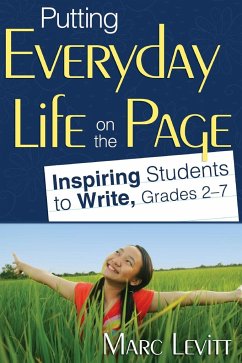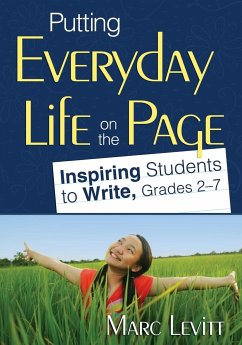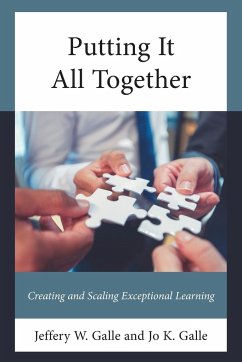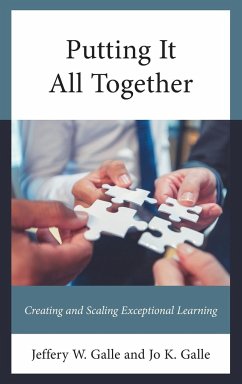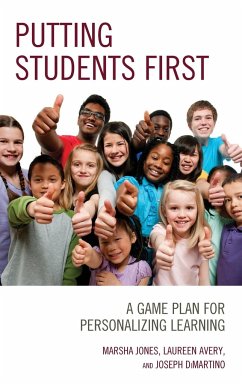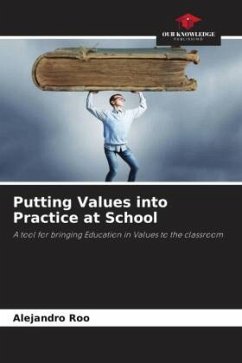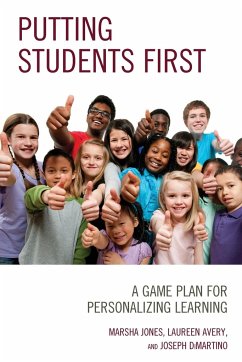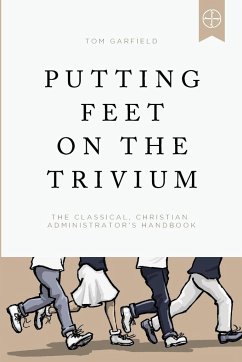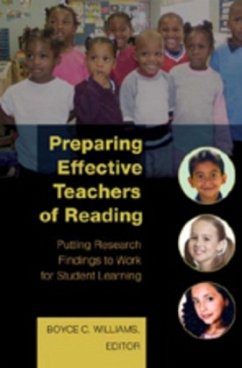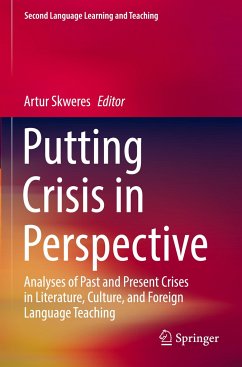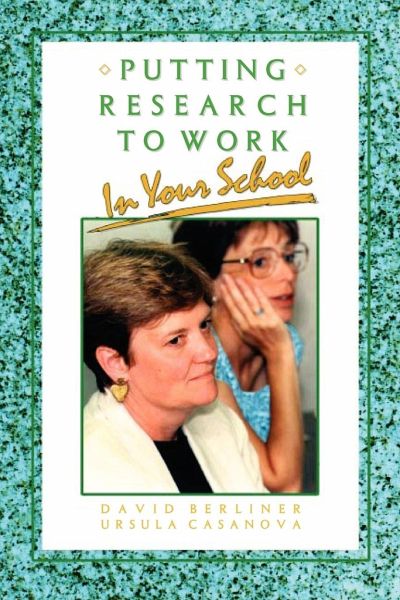
Putting Research to Work in Your School
Versandkostenfrei!
Versandfertig in 1-2 Wochen
36,99 €
inkl. MwSt.

PAYBACK Punkte
18 °P sammeln!
Putting Research to Work in Your School-the only book of its kind-presents the results of professional research in an accessible, readable format. Internationally renowned researchers offer real-life practices that work in today's schools. You'll be inspired to try these well-researched teaching strategies. You'll be encouraged to ask tough questions: How appropriate are my assignments? How can I better manage my classroom and my class time? How does my assessment of students impact their motivation? You'll learn how to bring your teaching methods and resources up-to-date, tap the potential to...
Putting Research to Work in Your School-the only book of its kind-presents the results of professional research in an accessible, readable format. Internationally renowned researchers offer real-life practices that work in today's schools. You'll be inspired to try these well-researched teaching strategies. You'll be encouraged to ask tough questions: How appropriate are my assignments? How can I better manage my classroom and my class time? How does my assessment of students impact their motivation? You'll learn how to bring your teaching methods and resources up-to-date, tap the potential to learn in each of your students, and celebrate your students' diversity.



